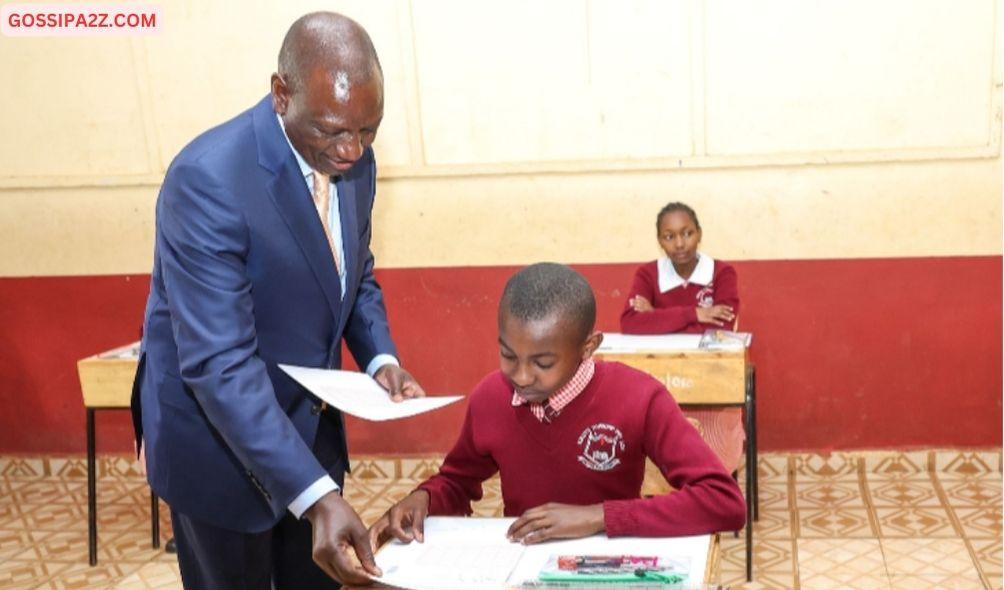Nationwide School Crisis: Delayed Capitation Funds Disrupt Primary Education
Schools nationwide are facing significant challenges due to delays in receiving essential capitation funds for free primary education.
The delay, now extending into the second month of the term, has severely impacted school operations, causing concern among teachers and parents.
Many schools have yet to receive the government’s annual allocation of Ksh1,420 per pupil, adding to the financial burden as parents also face delays in fee payments.
This financial shortfall has made it difficult for head teachers in primary and junior secondary schools to manage daily activities, support teaching staff, and fulfill the requirements of the Competency-Based Curriculum.
Johnson Nzioka, chairperson of the Primary School Heads Association, expressed frustration over the government’s failure to meet its commitments.
“The funds provided were neither timely nor sufficient. We urgently need the Ministry to expedite the disbursement to keep our schools functioning,” Nzioka said.
The Free Primary Education (FPE) Capitation Funding Model is designed to disburse 50 percent of funds in the first term, 30 percent in the second term, and the remaining 20 percent in the third term. Despite this structured approach, delays have severely disrupted school operations.
These funds are vital for purchasing textbooks, and educational materials, and covering repair, administrative, and examination costs. The delay in funding has hindered schools from maintaining these essential functions, especially after infrastructure damage from floods.
ALSO READ:
- Former Deputy President Rigathi Gachagua Reveals the Truth Behind His Impeachment
- Guatemalan and Salvadoran Troops Land for Haiti Mission
- Puzzle as Woman Is Found Dead in Mysterious Circumstances Close to Her Home
- Cross-Border Attack: Nigerian Gunmen Kill 5 Cameroonian Soldiers in Retaliation
- The Late KNCHR Chairperson Roseline Odede’s Illustrious Career, Awards & Legacy
KEPSHA National Treasurer Kennedy Kyeva pointed out additional complications, noting that some schools have been left out due to errors in the National Education Management Information System (NEMIS).
“Capitation funds did not reach these schools because they were incorrectly listed as missing in NEMIS records,” Kyeva explained.
The Kenya National Union of Teachers (KNUT) has also criticized the government’s handling of the situation. National Secretary General Collins Oyuu expressed concern about the strain on school administrators and called for prompt action.
“Our school heads and primary school management are facing severe difficulties. The delays in disbursement have not provided the intended support,” Oyuu said.
In March, the government allocated Ksh7 billion to support junior secondary schools and Ksh16 billion for the free day secondary school education program. However, this has done little to ease the crisis in primary schools.
Educators are urging the government to address the issue swiftly to avoid further disruption. The current situation threatens not only the education of millions but also undermines the government’s commitment to free primary education.
Nationwide School Crisis: Delayed Capitation Funds Disrupt Primary Education
